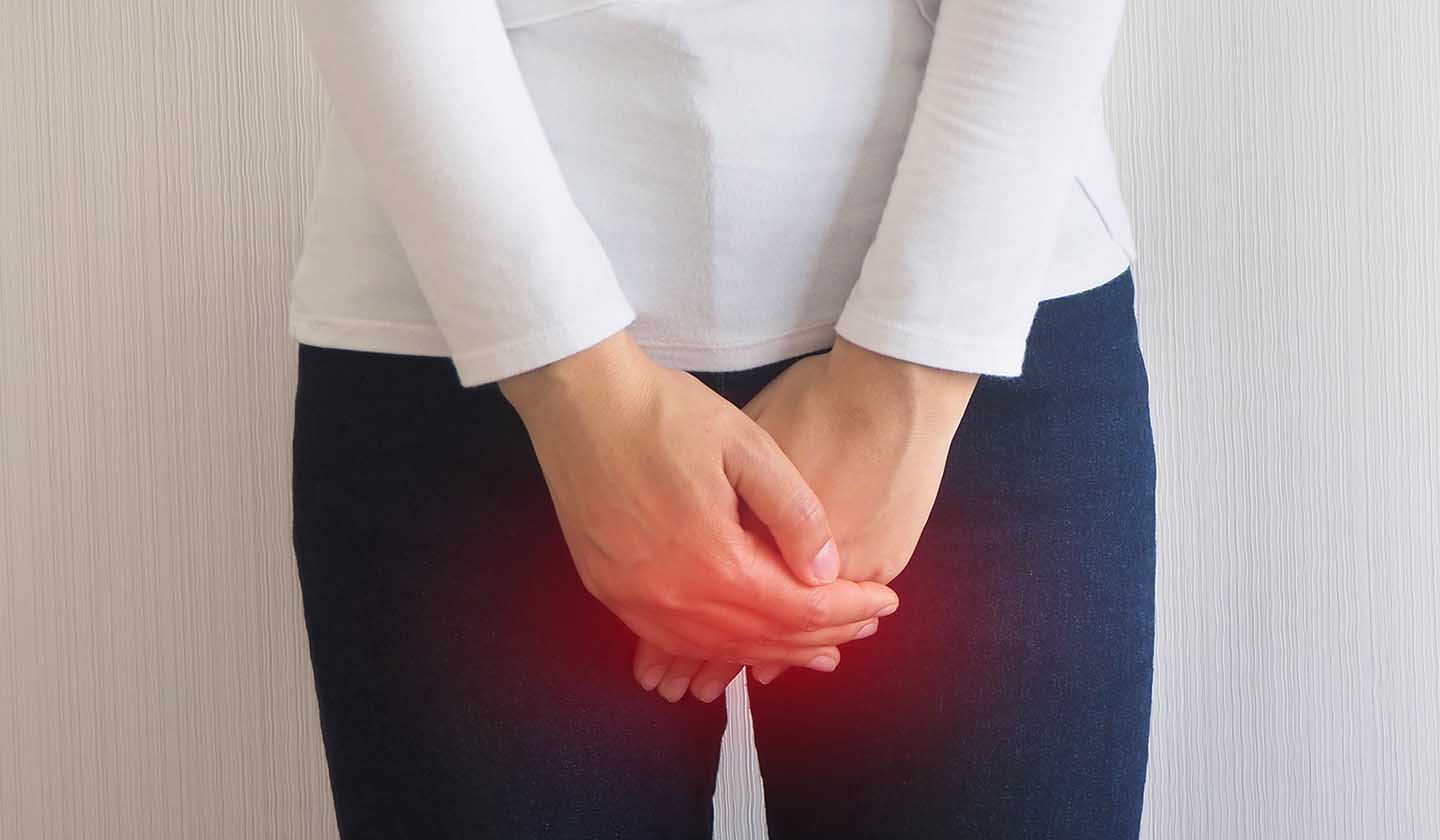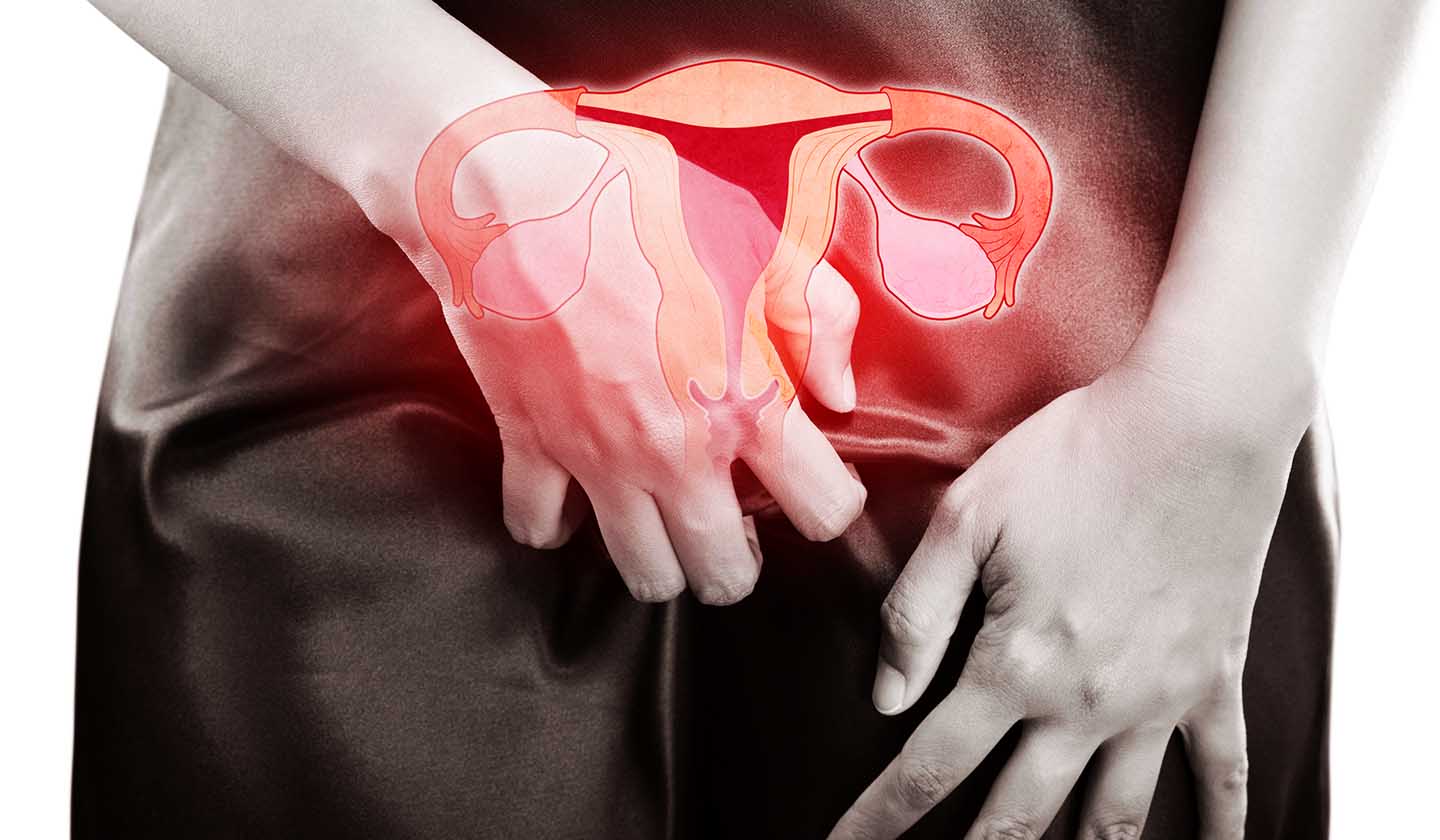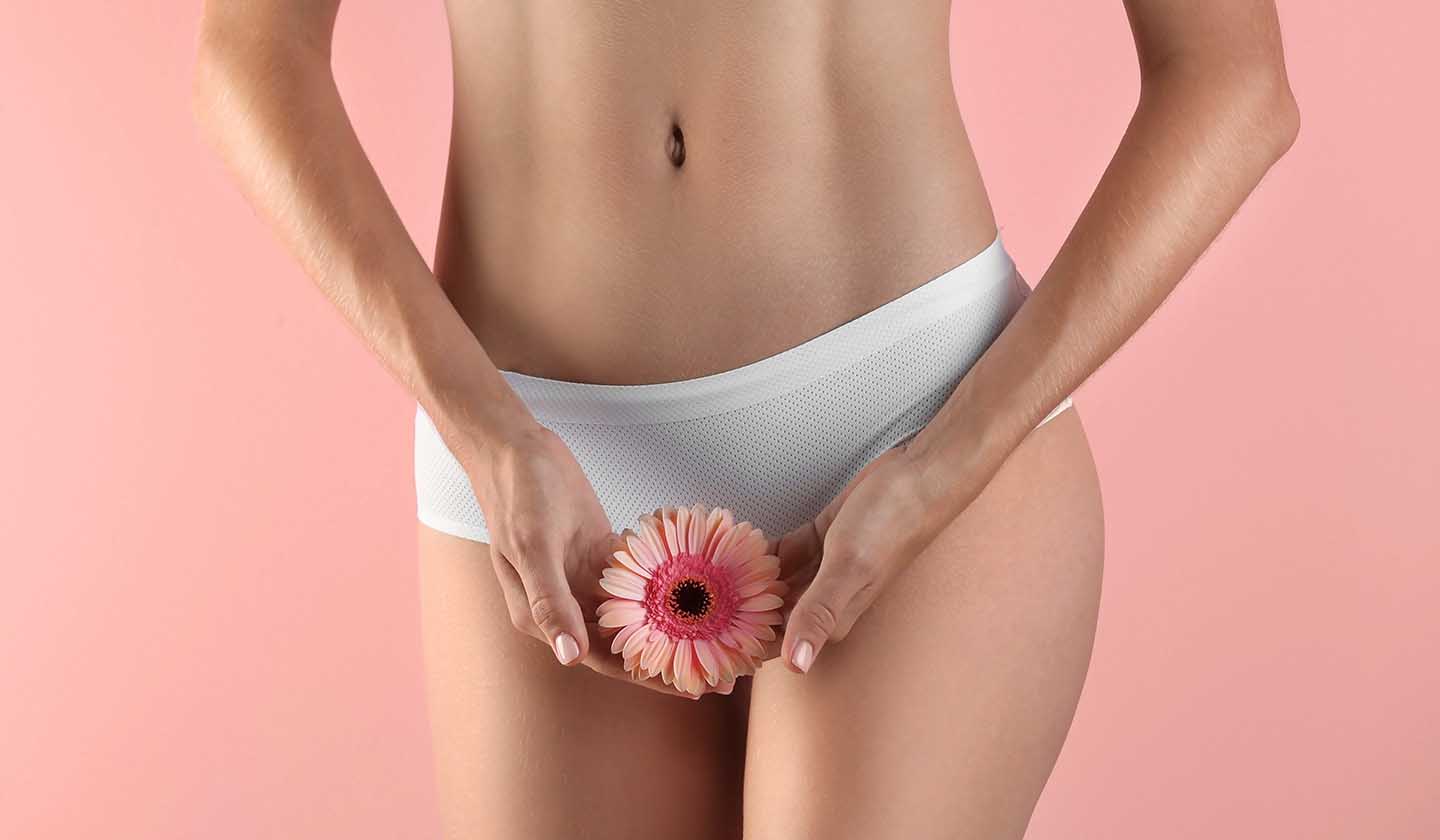Gynecology
When vaginal dryness appears - Learn about lubrication solutions

Vaginal dryness is a frequent problem among women. Although it is more common in menopause it can occur at any age.
About 17% of women between 18-50 years of age and more than 50% between 50-60 show symptoms of vaginal dryness.
Symptoms
Learning to recognize vaginal dryness is important so that you can choose the most appropriate treatment for your situation.
In some women, vaginal dryness causes uncomfortable symptoms such as:
- Vaginal itching;
- Pain and / or discomfort during sexual intercourse;
- Abnormal vaginal discharge;
- Alteration of the appearance of the vulva (the labia become thinner);
- Increase in urine frequency;
- Recurrent urinary infections.

Causes associated with vaginal dryness:
This situation develops due to hormonal changes, where there is a decrease in the production of oestrogen.
Oestrogen maintains the natural lubrication of the vagina, increases the amount of collagen that ensures vaginal thickness and elasticity.
Thus, with the reduction of oestrogen production, the walls of the vagina become thinner, less elastic, there is a decrease in blood flow and a decrease in vaginal lubrication which makes the vagina become drier.
Vaginal flora imbalance can also occur, which contributes to an increased risk of vaginal and urinary infections.
Vaginal dryness occurs mainly in menopause (associated with Menopause Genitourinary Syndrome); however, it can occur due to other conditions that cause decreased oestrogen production:
- Postpartum or breastfeeding - oestrogen production returns to normal when breastfeeding gets less frequent or is stopped;
- Hysterectomy (surgical removal of the uterus);
- Treatments such as chemotherapy or radiation therapy;
- Medicines (such as tamoxifen, oral contraceptive);
- Sexual abstinence intensifies atrophic changes.

Treatment
Vaginal dryness is very annoying and can have a negative impact on women's quality of life.
Sometimes it can be difficult to find the adequate treatment on the first try.
That does not mean it is your case, but if it is, do not despair. It is perfectly normal and common. Keep searching until you find the best solution for you.
Treatment can include:
- Lubricants - they promote vaginal lubrication and reduce friction and irritation. They should be applied to the area around the labia (vulva) and the vagina just before sexual intercourse. They provide temporary relief from the pain and discomfort that can occur during sexual intercourse. They can be formulated with water, silicone or oil and are available in gel form.
- Vaginal moisturisers - they help with hydration by adhering water to the vaginal lining. They can be applied once or twice a week and do not require application before intercourse. Also, they promote long-term symptom relief. They are sold in monodoses, in the form of cream with or without vaginal applicator.
- Vaginal oestrogens - they reverse the changes in atrophy by increasing blood flow, elasticity, and thickness of the vaginal wall. In Portugal, they exist in the form of vaginal tablets, capsules, creams, gel, and vaginal rings. However, their use recommends medical monitoring and requires a prescription.

Daily care
What should you do?
As a complement to the treatment, in order to improve your daily well-being, choose to:
- Use soap or shower gel specifically for intimate hygiene with adequate pH;
- Reserve more time for foreplay during sexual intercourse (as it promotes natural lubrication);
- Use lubricants - Opt for water-based or silicone-based lubricants if you use a condom (as oil-based lubricants can damage the latex condom).
What should you not do?
- Avoid using scented soap or shower gel for intimate hygiene;
- Do not apply cream with petroleum jelly;
- Do not use moisturising cream that is not suitable for intimate hydration;
- Excessive hygiene (as it removes the natural lubrication of the vagina).
Sources
iSaúde
Farmácia Distribuição Magazine
Também lhe poderá interessar
Digestive system
Good habits, good breath
Dermatology






